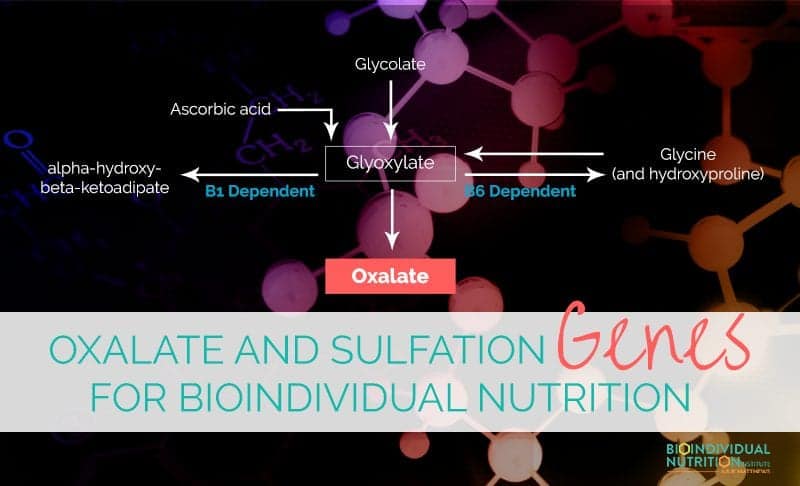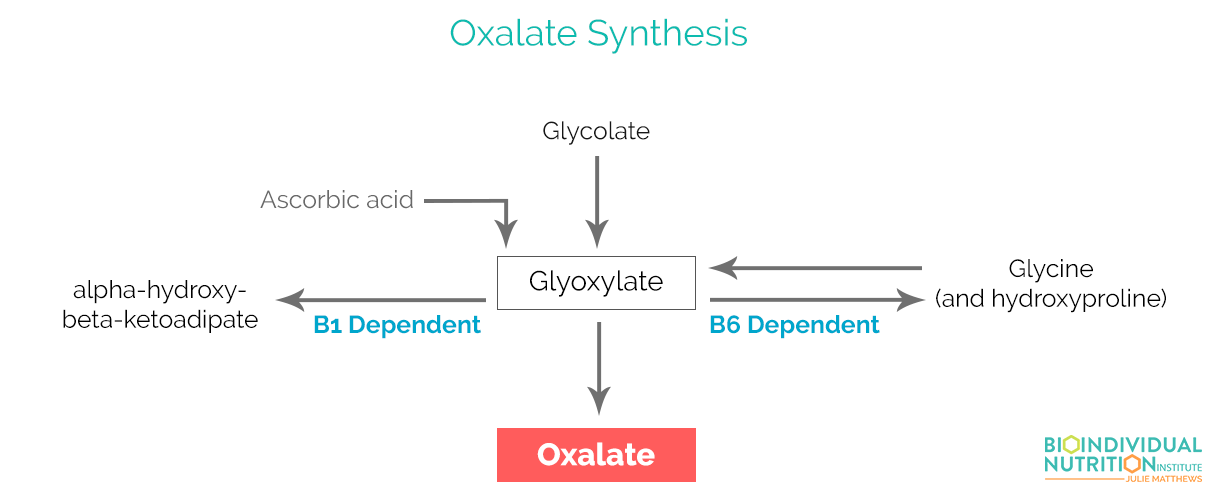
Oxalates are finally getting their due!
When I started working with the low oxalate diet 15 years ago, no one was talking about oxalates at all (outside of kidney stones). But I’m noticing a big awareness of oxalate in recent months which I am very excited about.
If you’re a practitioner and you want to be up on the latest important oxalate information, join me for this interview I did with Donna Gates. Register here.
I explain oxalates, salicylates, and the sulfate/sulfation connection, as well as share information on lectins and other food intolerances and how we can positively influence our health by understanding these nutrition concepts and the genetics involved.
We do a deep dive into oxalates and the biochemistry involved including the nutrient co-factors that are important. I explain the role of poor sulfation and how that can affect not only oxalate issues, but also salicylate sensitivity.
And since this is a genes summit, I explain many genes that can be a factor in these biochemical imbalances and food intolerances.
Some of the genes, their functions and co-factors include:
AGXT enzyme – converts oxalate and glycine back and forth (B6 co-factor)
DAO enzyme – converts glycine to oxalate (B2 co-factor)
HAO1 enzyme – converts glyoxylate to oxalate (B2 co-factor)
HOGA1 – hyperoxaluria type 3 – overproduction of oxalate – conversion of hydroxyproline to glyoxylate
LDH enzyme – converts glyoxylate to oxalate
GRHPR enzyme – converts glyoxylate to glycolate
Oxalate can be generated endogenously (i.e. inside the body). This can be from glycine and hydroxyproline supplementation or foods such as gelatin and collagen, as well as ascorbic acid. Glyphosate can also be a source of the oxalate problem. See, glyoxylate is converted to oxalate, unless we have vitamins B6 and B1 since the enzymes involved with this conversion are dependent on these nutrients.

The low oxalate diet is something I have been helping clients with for over 12 years, and I love sharing my clinical experience and biochemistry knowledge with practitioners and individuals looking for answers in their own health.
I also discuss: SUOX, SULT, SAT1 genes and their relationship to sulfate levels and sulfation.
Challenges with these genes can cause intolerance or an inability to consume certain food and food compounds; such as, salicylates, amines, oxalate, and others.
Join me for the Genius of Your Genes Summit and discover more on genes, biochemistry, food reactions, therapeutic diets, and BioIndividual Nutrition.


